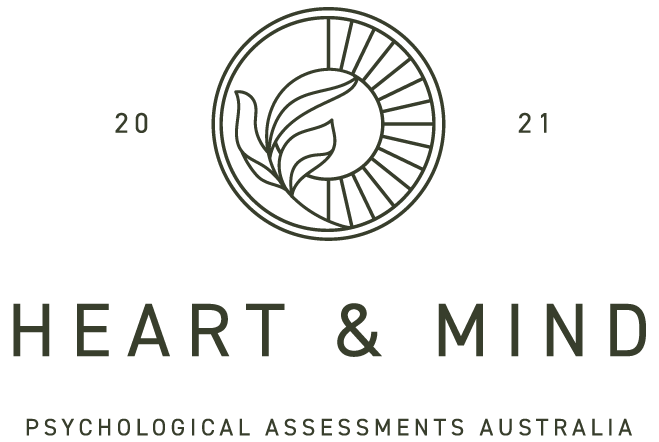What’s Next - Receiving Support After Your Diagnosis
Receiving a diagnosis can be a very daunting experience, but it is an important part of your journey towards self acceptance as it helps you to understand your experiences and how you can be supported. There is a lot of support for you or your child which can be found at Heart and Mind as well as in external services you may be referred to.
So, what kind of support might your psychologist at Heart and Mind suggest?
Occupational Therapists - using a holistic approach, occupational therapists help people to overcome challenges to living an independent life. This will look different for everyone but can range from emotional regulation to daily living skills such as brushing teeth, cooking, catching the bus among others.
Speech Therapists - speech therapists help out with more than just talking. Speech therapists help strengthen your communication skills and help you to understand and strengthen social skills that are used in everyday life. This includes how things are said, tone of voice and non-verbal communication such as body language and facial expressions.
Psychology or Counseling - this is used to help you develop self-esteem, resilience and confidence. Counselling is an opportunity for you to explore and better understand your emotions and behaviours. Importantly, a psychologist, therapist or counsellor can help you to develop coping strategies that can be used when you face challenges or difficult circumstances.
Parenting Support and Workshops - these are great resources to help parents understand what neurodivergence is and how this can shape your child's behaviour. This can help you to understand your child's needs and how to meet them. The workshops also focus on helping parents to develop emotional regulation skills, for you to understand your own emotions and deal with them as well as parenting strategies. Workshops are a great way of meeting new people too!
We know that neurodivergence occurs when one brain is wired differently from another, so it is important to use these resources to understand what neurodivergence looks like in yourself or in your child. If you aren’t sure what kind of support you currently need, get in contact with your psychologist at Heart and Mind who can refer you to the right place.
